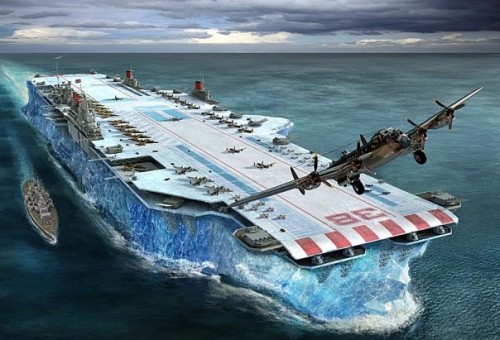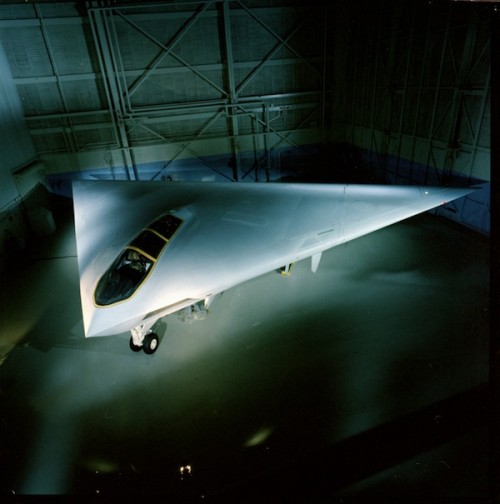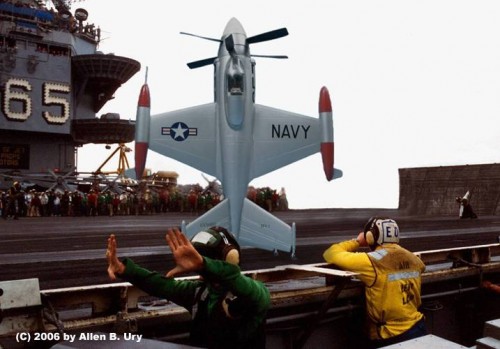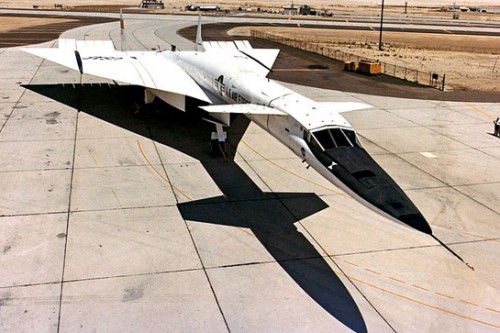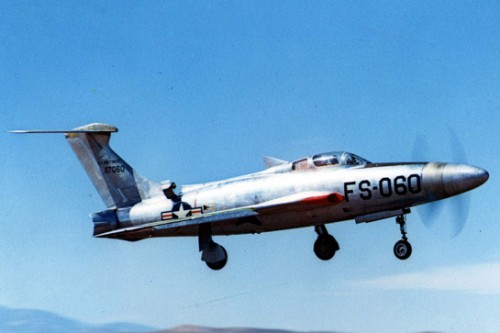
 Alfred Boyadgis, a design student of UNSW and 23-years of age has brought Robocop to life. Mr Boyadgis is presently enrolled as a student for honours in industrial design at the University of NSW. This prototype design of the helmet is his final year project. Boyadgis has designed a futuristic motorcycle helmet for police officers. It not only shows information in the visor but is a conglomeration of various high level technologies that presently seem impossible to exist.
Alfred Boyadgis, a design student of UNSW and 23-years of age has brought Robocop to life. Mr Boyadgis is presently enrolled as a student for honours in industrial design at the University of NSW. This prototype design of the helmet is his final year project. Boyadgis has designed a futuristic motorcycle helmet for police officers. It not only shows information in the visor but is a conglomeration of various high level technologies that presently seem impossible to exist. The helmet is called Forcite and includes various amazing properties like having turn-by-turn GPS by voice and a display showing critical information right in front of the cops’ eyes. It can also link to and identify number-plate with an automatic recognition system; just stare at it for 5 seconds and the officer will know if the vehicle is registered or not. A built in radio channel and frequency tuner enables an officer to connect to the local area command, a nearby hospital or the fire brigade; a semi-modular visor system, helps increase vision and impact safety by more than 65 per cent.
The helmet is called Forcite and includes various amazing properties like having turn-by-turn GPS by voice and a display showing critical information right in front of the cops’ eyes. It can also link to and identify number-plate with an automatic recognition system; just stare at it for 5 seconds and the officer will know if the vehicle is registered or not. A built in radio channel and frequency tuner enables an officer to connect to the local area command, a nearby hospital or the fire brigade; a semi-modular visor system, helps increase vision and impact safety by more than 65 per cent.
With its amazing profile, the helmet has already gained popularity with the Chief of Police in Coral Gables in the US state of Florida, who wants to test it in the field and look for its potential for positioning of tactical response as well. The helmet is designed to take care of emergency response times in emergencies to save lives.
 In his discussions with the NSW Police Traffic and Highway Patrol Command, Mr Boyadgis says,”The way that helmets are designed at the moment is quite archaic,” he further added, “There’s no direct electronics in there and, if you think about it, everyone has a smartphone, and all the luxuries of smart technology aren’t with riders. They’re still using strap-on GPSs and they have no ability to communicate with each other in a safe manner with something that’s integrated.” Boyadgis thinks that the helmets, as made and used today, were made incorrectly however Forcite uses a material called D3 polyurethane which is much stronger and thus safer.
In his discussions with the NSW Police Traffic and Highway Patrol Command, Mr Boyadgis says,”The way that helmets are designed at the moment is quite archaic,” he further added, “There’s no direct electronics in there and, if you think about it, everyone has a smartphone, and all the luxuries of smart technology aren’t with riders. They’re still using strap-on GPSs and they have no ability to communicate with each other in a safe manner with something that’s integrated.” Boyadgis thinks that the helmets, as made and used today, were made incorrectly however Forcite uses a material called D3 polyurethane which is much stronger and thus safer.
What inspired him to make this design was the hard work of the officers that went through a lot of stress wearing the usual helmets. They wanted better ways to deal with emergency situations and connect back to the control rooms. In order to celebrate ingenuity, creativity and sustainable engineering, Forcite is in the running for the James Dyson Award. It is on display at the Red Dot Design Museum in Singapore as part of the Red Dot Design Awards being in the top 30 out of 300,000 entries; it was also presented at UNSW’s LuminoCITY design exhibition in November. According to Mr Boyadgis,”It’s probably about a year off from being an actual, viable prototype”. It is estimated to cost around $790 and commercializing it will cost around $1.5 million.
The Chief of Police in Coral Gables, Dennis Weiner, told Fairfax Media that he was interested in field testing the helmet and said, “As designed, this helmet offers significant additional capabilities to the motor officer. Besides improved radio communications delivery, it also provides for two-way flow of data between the communications centre and the officer.” Mr Weiner added that the improved field of vision will be able to help with the comfort issues experienced by officers wearing such helmets.


